Product and ROI
EnSoil Algae™ is a patent-pending formulation of Chlorella vulgaris that stimulates and grows microbial populations in the soil drawing down carbon – a key to nutrient cycling and crop resilience.
It is an enhanced live cell green algae in a mixotrophic state that remains viable for up to six months, enabling producers to store and apply within optimal windows with any other tank-mixed inputs.
EnSoil Algae™ is scientifically proven to deliver the full range of benefits attributed to biostimulants:
- An increase in soil organic matter, microbial activity and diversity
- Increased leaf chlorophyll (photosynthetic capacity)
- Increased plant growth and yield for a wide variety of crops
- Reduced need for chemical fertilizer (NPK)
- Increased plant resistance to abiotic stress (drought & irrigation salinity)
- In some cases, increased resistance to plant pathogens
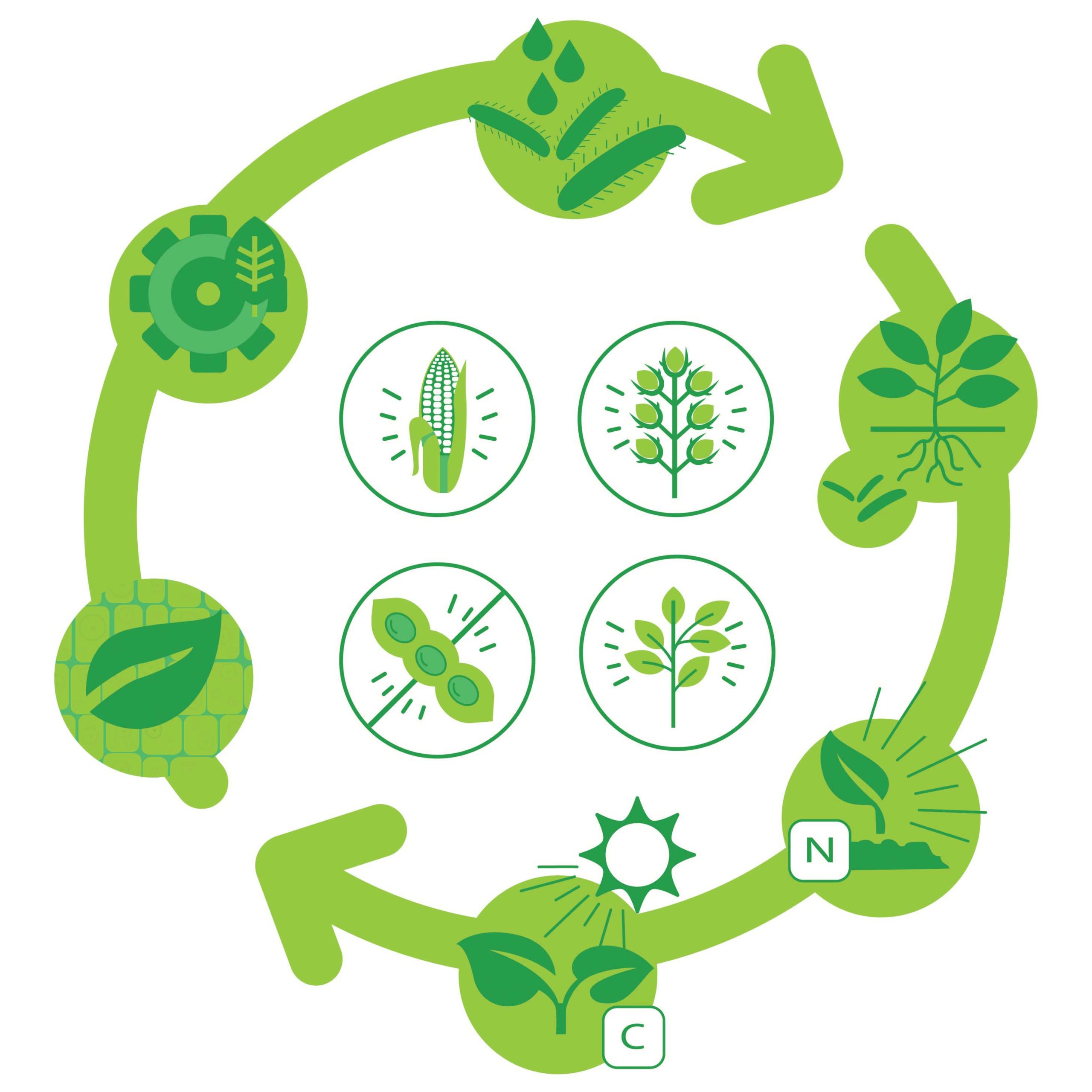
How It Works
- Soil microbes are stimulated.
- Plants attract soil microbes. Nutrient availability increases.
- Microbes convert atmospheric nitrogen to compounds needed for photosynthesis.
- During photosynthesis, plants convert atmospheric CO₂ into carbon-based sugars for growth and drawn down additional carbon into the soil.
- Chlorophyll and photosynthetic capacity in plants increase.
- Yield, nutrient cycling, and soil microbial activity increase.
Product Usage & Application Protocols
Delivered to growers in 1-gallon, 2.5-gallon and 5-gallon containers, EnSoil Algae™ should be diluted in water and applied through any liquid application mechanism available.
- Can be applied in furrow irrigation systems, pivots, pull-behind sprayers, and drones at a rate of 8 ounces per acre
- Can be mixed with other liquid inputs at the time of application, but not before
- Best kept out of direct heat and sunlight. If possible, refrigeration is recommended.
- Our Grower Support Team provides a full crop-specific consultation for every client using EnSoil Algae™ as an agricultural input.
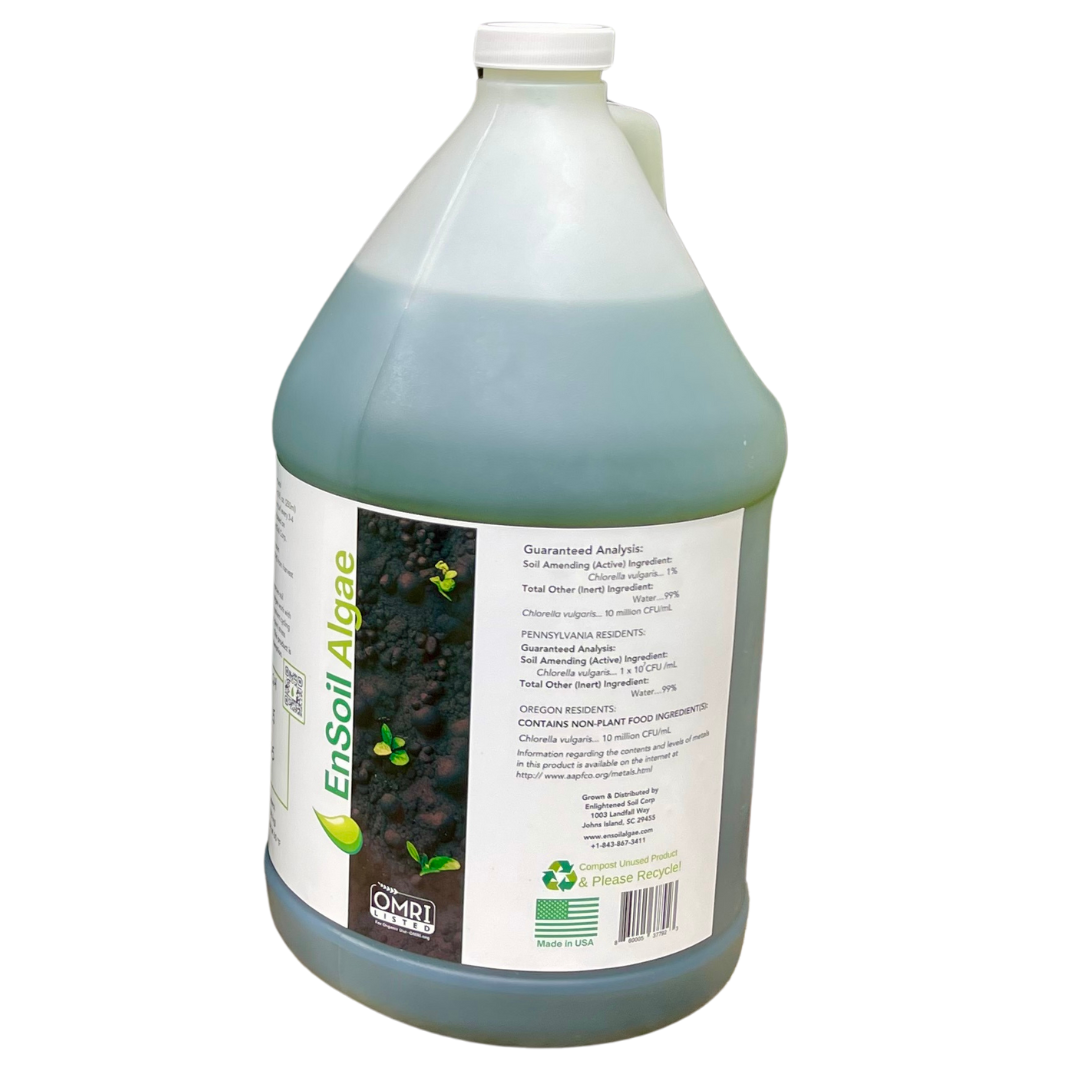
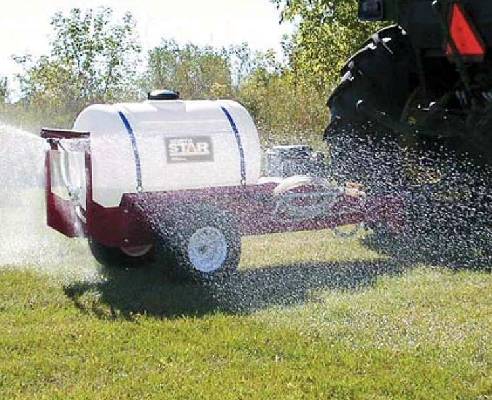
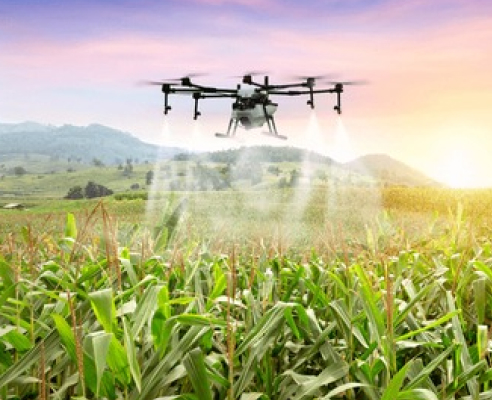
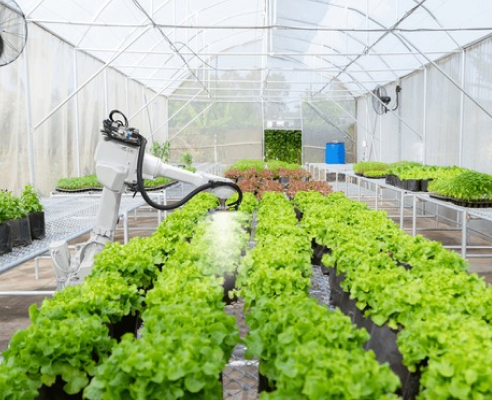
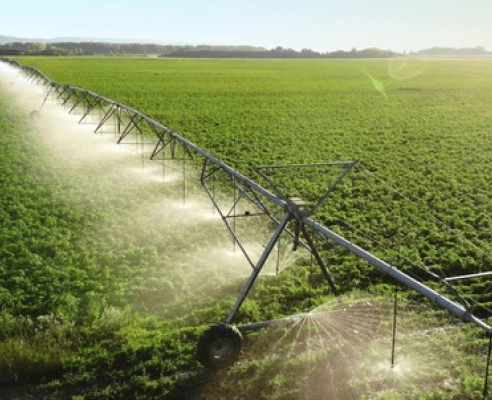
Production- Scale Timing Specifics by Crop Type
- Corn: In-furrow, V3-V6, V8-tassel
- Soybeans: In-furrow, V8, R1-R2
- Forage & Hay: 3-4 times per growing season, after each cutting or grazing (*animals do not need to be removed from pasture to apply*)
- Vegetables: At Seed, Post-Emergence, Flower/Fruit, Cover Crop
- Grass & Turf: Every 2-4 weeks. Treat the EnSoil Algae™ application as you would a wetting agent.
Small Scale Specifics
- one gallon of water (with 1 tsp EnSoil Algae ™) will cover approximately 1000 sq ft.
Timing : once a week for 2 weeks, then once every 2-4 weeks
Frequently Asked Questions
Is EnSoil Algae™ organic?
What equipment do I need to apply EnSoil Algae™?
How much EnSoil Algae™ should I apply?
How much will 1 gallon of water with 1 tsp of EnSoil Algae™ cover?
Can EnSoil Algae™ be applied with other inputs in the same tank?
Will EnSoil Algae™ help me reduce my usage of other inputs?
Will EnSoil Algae™ with herbicides, pesticides, or fungicides, harm the algae cells?
How should I store EnSoil Algae™?
What is the best time of day to apply EnSoil Algae™?
The algae cells are quite tough and can tolerate temperature extremes and mechanical stress. We recommend that EnSoil Algae™ be applied through a back-pack sprayer or drip irrigation at dawn or dusk to allow the cells to penetrate below the sun exposed topsoil layer.
For center pivots and sprinkler irrigation systems, we recommend irrigating with EnSoil Algae™ at dusk only to allow it to penetrate the soil column more effectively.
Once the crop has grown and successfully covers the soil, UV radiation will penetrate the soil less, further allowing microbial numbers to increase on the soil surface.
How does pH affect EnSoil Algae™?
Should EnSoil Algae™ be agitated before use?
Will increasing the recommended amount of EnSoil Algae™ improve results?
More frequent applications (up to a one-week apart ) can be a great way to “jump start” a new garden, freshly seeded sod, or turf after a long winter. However, you would not want to treat an area or potted plants “every day.” There is some research that shows when algae is applied too frequently to soil it can slow down the microbial processes in the soil.
Do I need to pull back mulch or straw before applying EnSoil Algae™ ?
Can EnSoil Algae™ be harmful to humans or animals?
We do NOT recommend drinking EnSoil Algae™, but it is nontoxic if accidentally ingested.
There are no adverse effects upon skin contact, and EnSoil Algae™ produces no harmful fumes.